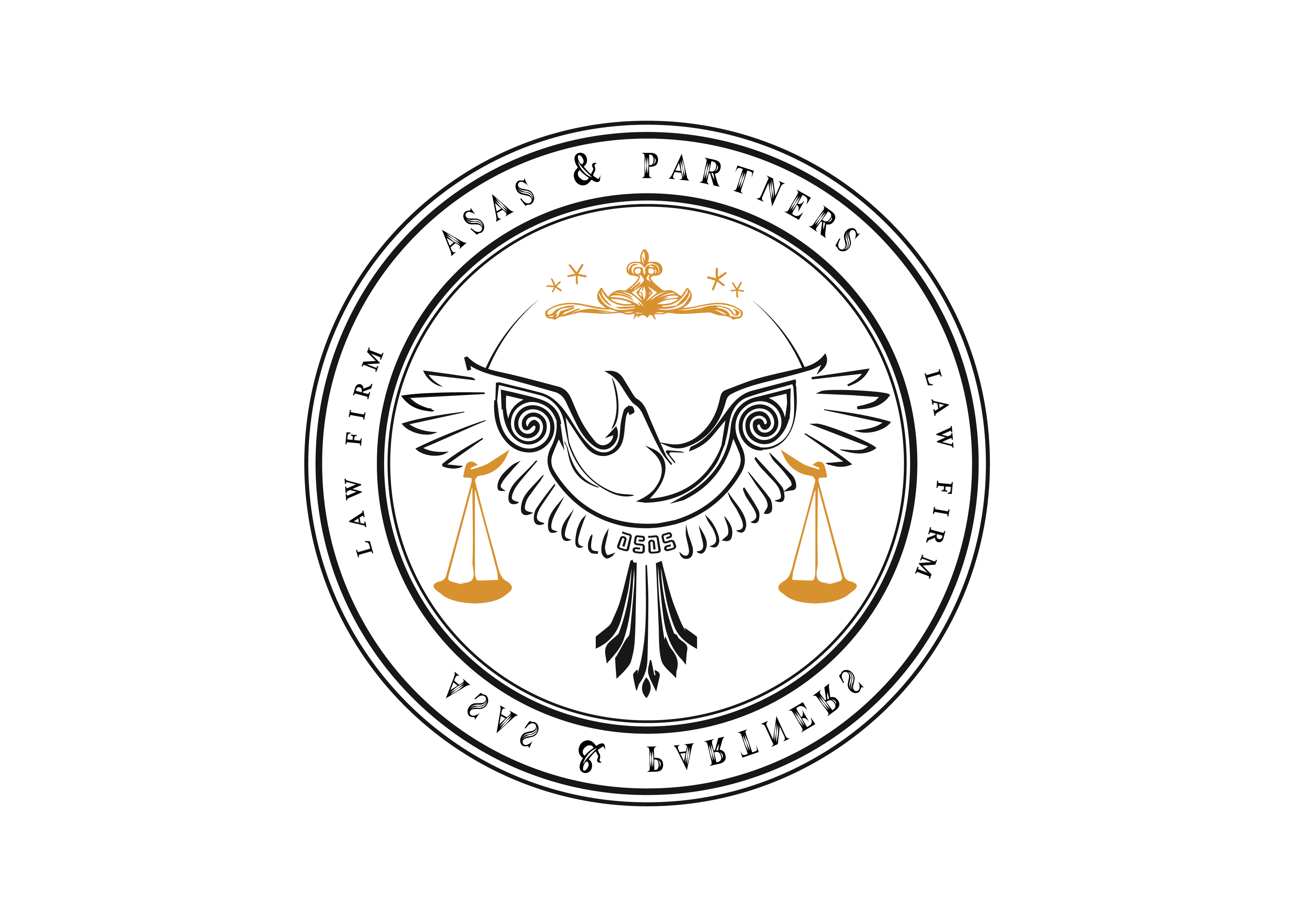
Women’s Rights after Divorce in Egypt: Understanding Egyptian Family Law (Sharia)
Women’s Rights after Divorce in Egypt: Understanding Egyptian Family Law (Sharia)
Women’s Rights after Divorce in Egypt: Understanding Egyptian Family Law (Sharia)
Introduction
In Egypt, divorce is a significant legal and personal event, governed by a framework deeply rooted in Sharia law. While divorce is legally permissible, it is viewed as the most disliked lawful act in the eyes of Allah. Understanding women’s rights after divorce in Egypt requires a comprehensive look at the legal distinctions and protections afforded to them under Egyptian family law.
Types of Divorce
There are two primary types of divorce in Egypt: revocable and irrevocable.
- Revocable Divorce
A revocable divorce occurs when a couple divorces but can remarry after the first or second divorce. During the waiting period (Iddah), the husband can unilaterally take back his wife without her consent, as they are still considered legally married. The husband is also obligated to provide for his wife’s livelihood during this period.
- Irrevocable Divorce
An irrevocable divorce happens after the couple has divorced for the third time. In this case, the woman becomes Haram (forbidden) to her former husband and must marry another man and divorce him before she can remarry her first husband. The husband cannot visit his former wife but must still provide financial support during the waiting period.
Differences in Waiting Periods
- Revocable Divorce: The waiting period allows for the possibility of revocation and remarriage. During this time, the woman cannot marry another man.
- Irrevocable Divorce: The waiting period is primarily to ensure the woman is not pregnant. She cannot remarry until this period is over.
Divorce Before and After Consummation
If a divorce occurs before the marriage is consummated, different rules apply:
- Before Consummation: The husband can reclaim half of any gifts or money given, and there is no waiting period. The couple can remarry with a new contract.
- After Consummation: The husband cannot reclaim any gifts or money, and standard waiting period rules apply.
Unilateral Divorce by Women (Khol3)
A woman can initiate a unilateral divorce, known as Khol3, by returning all gifts and rescinding her rights as a wife.
Financial Rights for Women After Divorce
- Conciliatory Payment: A divorced woman is entitled to receive financial support for at least two years based on the ex-husband’s economic capabilities.
- Waiting Period Payment: Financial support during the waiting period, which lasts for three menstrual cycles or three calendar months.
- Deferred Dowry: Managed according to the marriage contract specifics.
- List of Portable Materials: Depends on whether the couple created this list.
- Childcare: The ex-husband must cover the mother’s expenses until the child is weaned, typically up to two years. The mother retains custody and guardianship rights until the child is 10 (for boys) or 12 (for girls). After this age, children can choose which parent to live with. If the child decides to stay with the mother, the father must continue to provide financial support until the son is 15 or the daughter is married.
- House: The divorced woman has the right to a safe and comfortable residence during the waiting period and until the child is weaned.
- Right of Maternal Nurturing and Care: A divorced mother has the right to care for her children, but this right is forfeited if she neglects them or remarries.
Conclusion
Understanding the nuances of divorce laws in Egypt is crucial for women navigating this challenging process. By knowing their rights and the protections afforded to them under Sharia law, women can better manage the legal and personal aspects of divorce, ensuring their financial stability and the well-being of their children.


